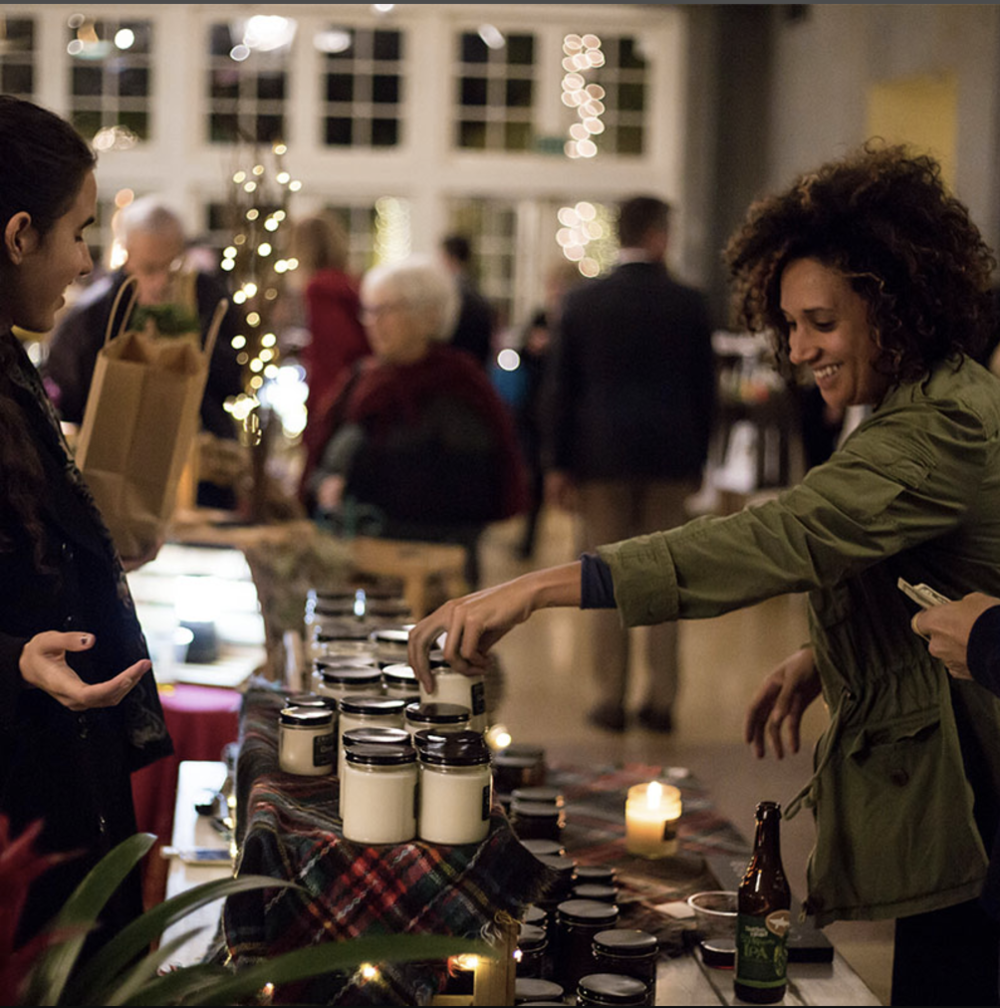Journey of a Lifetime: A Starter’s Guide for Sustainable Travelers
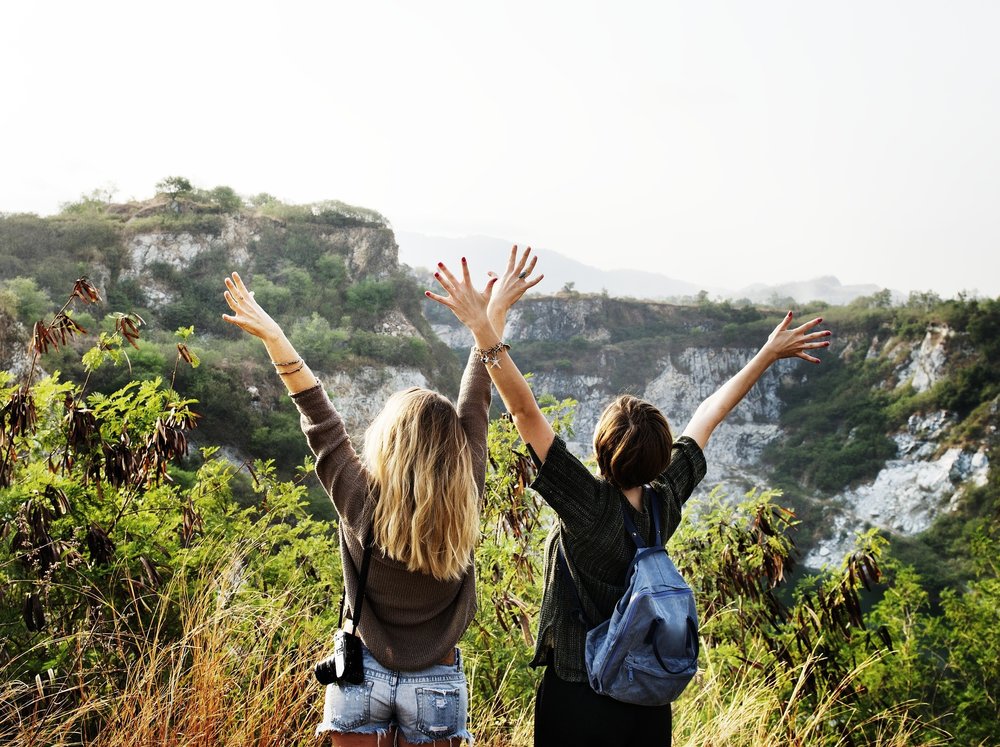
People have always held an adventurous spirit at their core. We are excited by new places, foods, and people. We love to explore and have once in a lifetime experiences. However, many of these one of a kind moment often happen in far off places and distant lands. Traveling is a major industry and one that has a huge impact on the environment. As a sustainability advocate you are on a journey of a lifetime to reduce your overall impact to the earth, but that can be difficult to do if you are always on the move. Don’t worry, as much as you love saving the earth, it is possible to travel the world and still reduce your impact. Enji has put together what we consider the 7 most important things to remember when traveling for the first time.
Research

The most important part of your journey is usually figuring out where to go. Most people do some research before deciding on a destination, but by digging a little deeper you can figure out what resources are available to you in terms of sustainability. Figure out what is the best way for you to leave the least amount of impact at your destination. Maybe stay at a hotel that offers a recycling program or low water usage. There is usually something for everyone.
Mode of Transportation
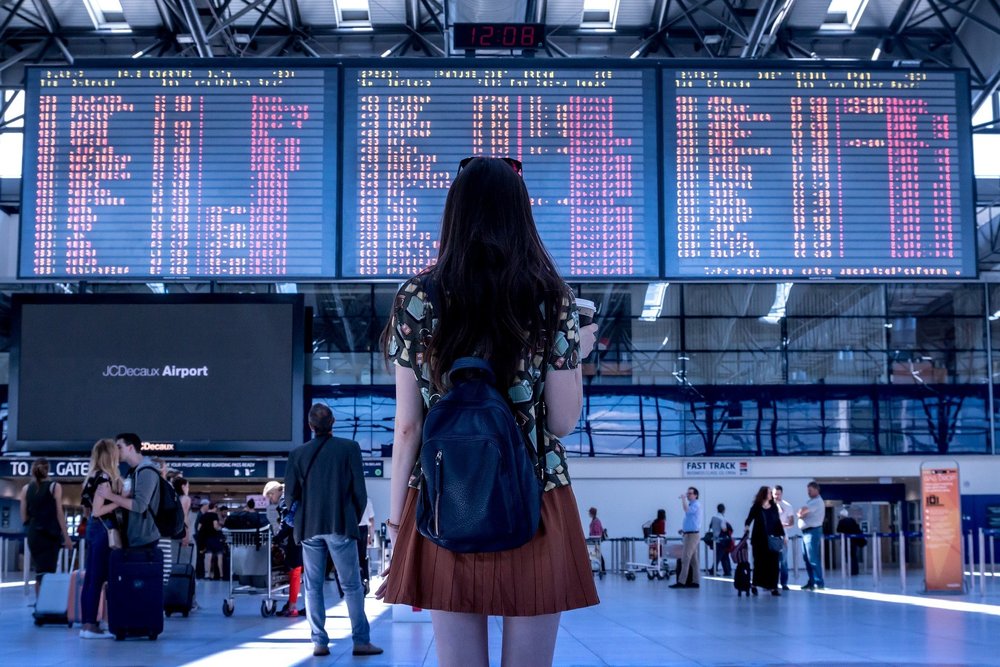
How you get to your destination also matters. Every single transportation option comes with a degree of impact. Biking and backpacking have relatively low impacts while flying probably has the most. Consider all the possible ways for you to arrive to your destination. Perhaps instead of a plane, you can take a transcontinental train where you can enjoy the scenic route. Consider taking a direct flight to your destination if you absolutely must fly. Most emissions from planes come from takeoff and landing.
Packing
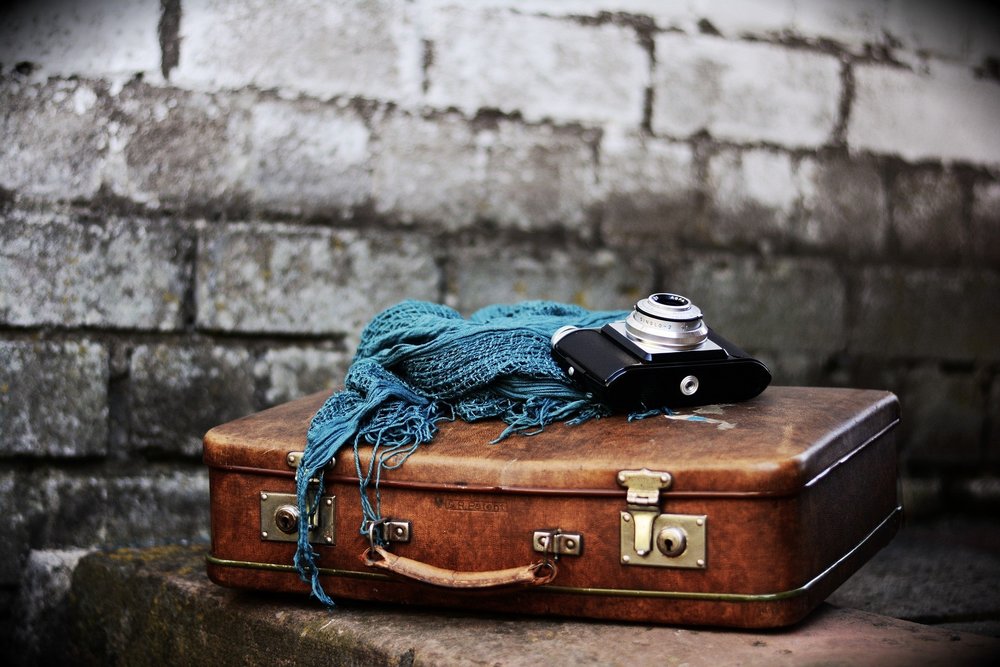
Another huge aspect of traveling is being able to bring what you need on your trip. That is everything from important documents to clothes. If you want to maintain a sustainable lifestyle while you are abroad, consider packing light. Plan what you will wear ahead of time and try to avoid overpacking. Other items to consider leaving behind are products with microbeads, aerosol cans, and sulfate shampoos. Bring organic or biodegradable products and products with multiple uses. The less you pack the less you dispose of.
Water

This section is really a general reminder before you leave on your trip. Make sure you do your research and find out if you will have access to drinking water. It might seem silly, but not all regions have the same standard of drinking water and some remote place might not offer any at all. Bring at least one reusable water bottle, preferably with a filter, so you can avoid buying plastic water bottles. I cannot stress how important this is. I had a friend vacation to Los Angeles and pay for a fancy hotel, but when she arrived there she found that the drinking water in the hotel was cloudy and slightly brown. If it can happen in our country, it surely can occur in other regions of the world.
Support the local economy
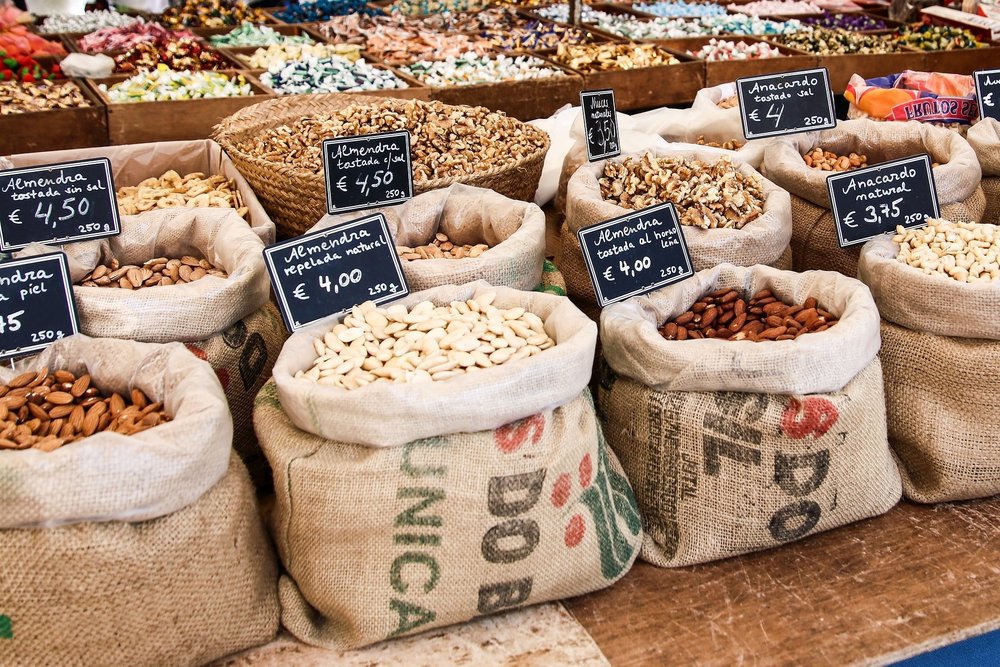
When you go visit any place, you are inevitably going to stumble across a tourist market place. Where a lot of wonderful items are being sold at discounted prices. That is because some vendors will import products from different countries and try to pass them off as regional simply because they are cheaper to manufacture than handmake. Make sure you do some research and ask where the products are made. Dig a little and find an artisan seller who genuinely makes their product. This way you know you are supporting them, their family, their regional suppliers, and their local economy.
Never buy animal products

This should be obvious, but you should not buy animal products. We are not talking about buying endangered elephant tusks or white tiger fur, these are probably rare for you to find and you already know not to support illegal hunting activities. What we are talking about is putting down the colorful conch shell and taking a step back from those stunning peacock feathers. Although these animals might not be endangered, you are supporting the hunting and collection of exotic animals. These animals have a right to live peacefully, and you are only helping to increase demand for their skin, fur, feathers, shells, or teeth.
Ask
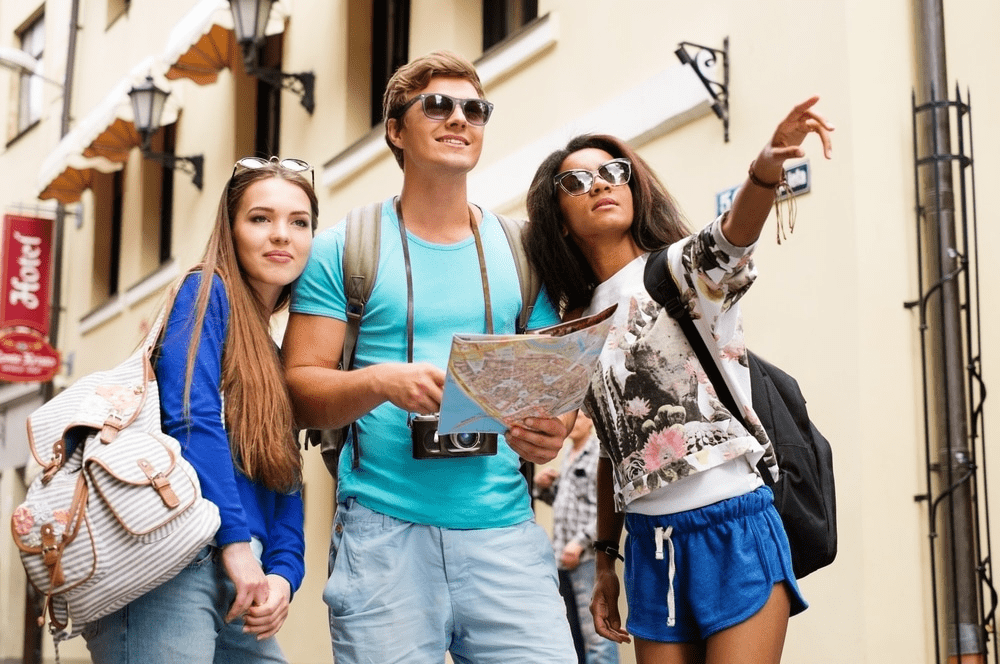
The last piece of advice we have here at Enji is to simply ask when you are doubtful about something. The local people are usually more than willing to help and if you learn their language before visiting they are even more open to answering your questions. It is always better to check with someone if you are unfamiliar with the region. For more tips and helpful tricks check out our sources. Enji wishes you happy travels as you continue your sustainability journey in distant lands.
Sources:
https://greenglobaltravel.com/green-travel-tips-ultimate-guide-sustainable-travel/
https://www.nationalgeographic.com/travel/lists/sustainable-travel-tips/
https://www.globalcitizen.org/en/content/14-tips-for-sustainable-travel/
https://www.travelchannel.com/interests/travel-tips/articles/how-to-travel-more-sustainably



